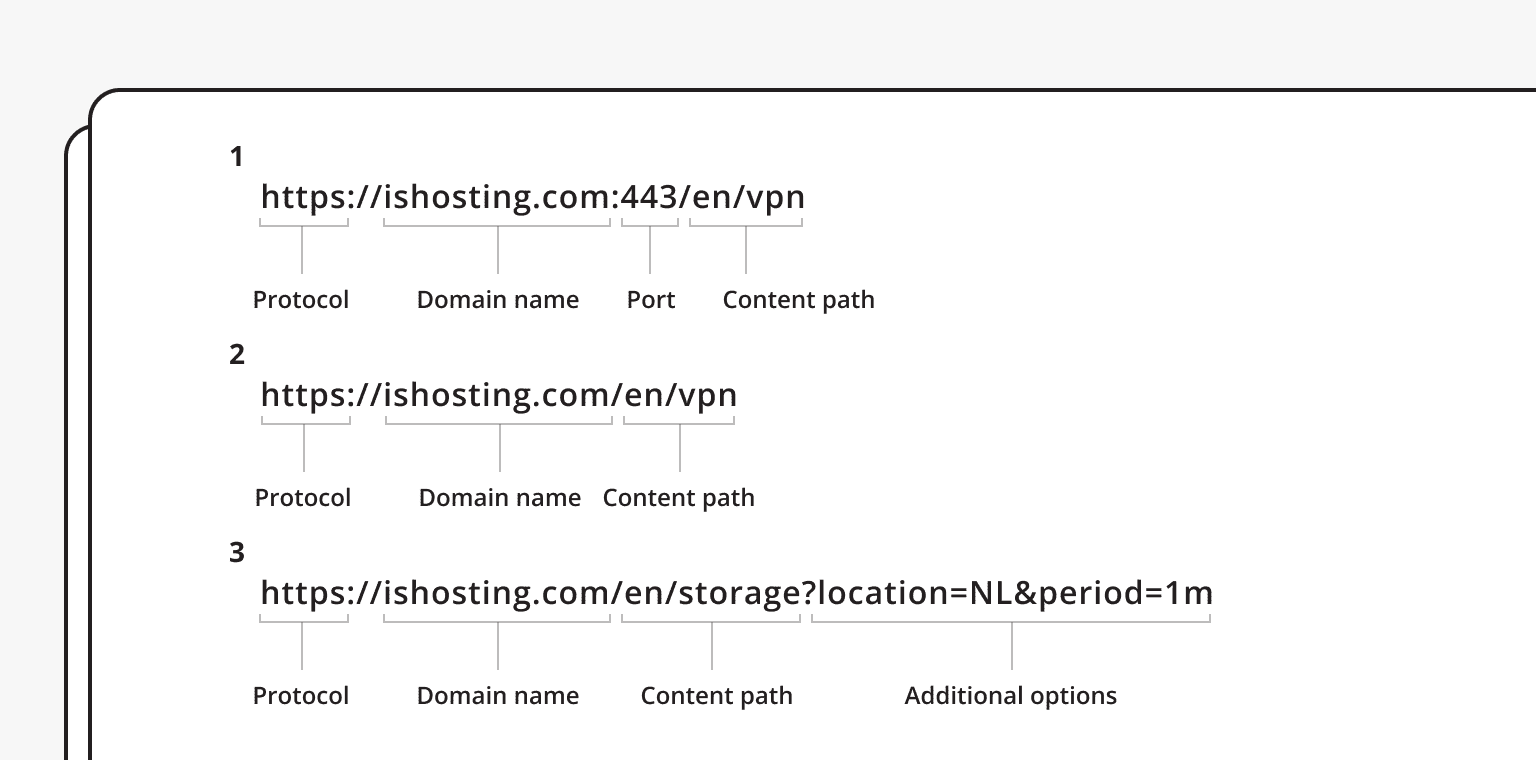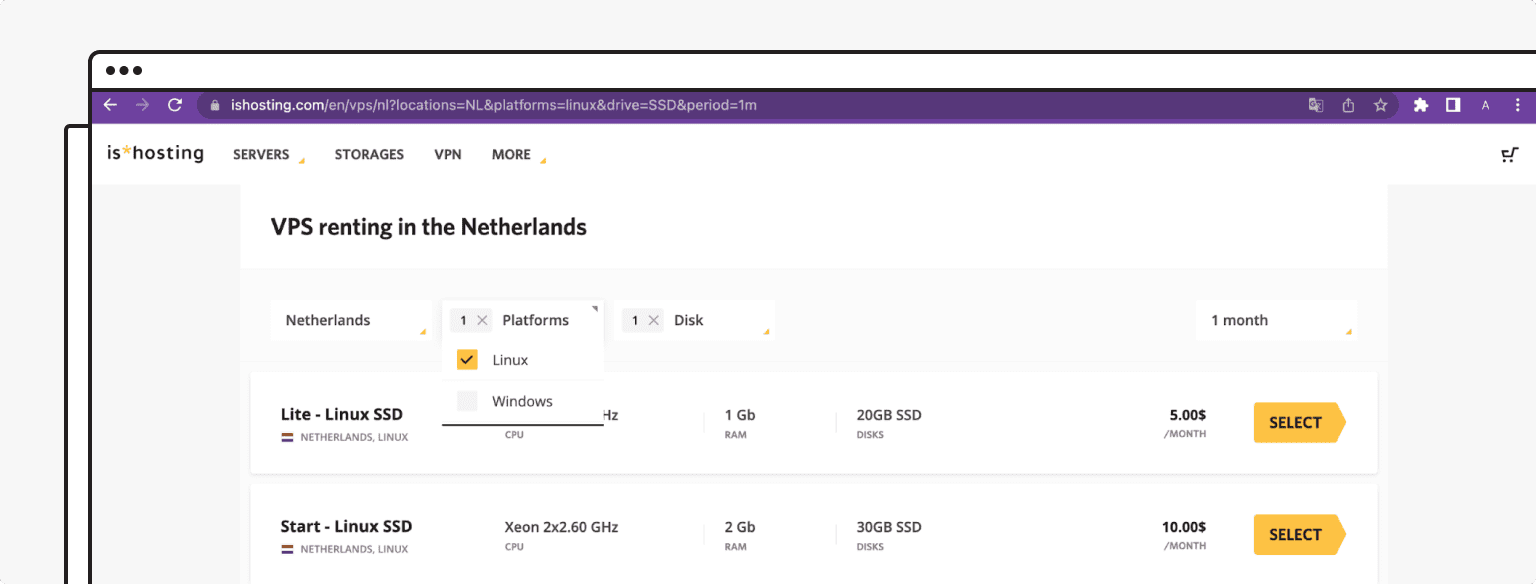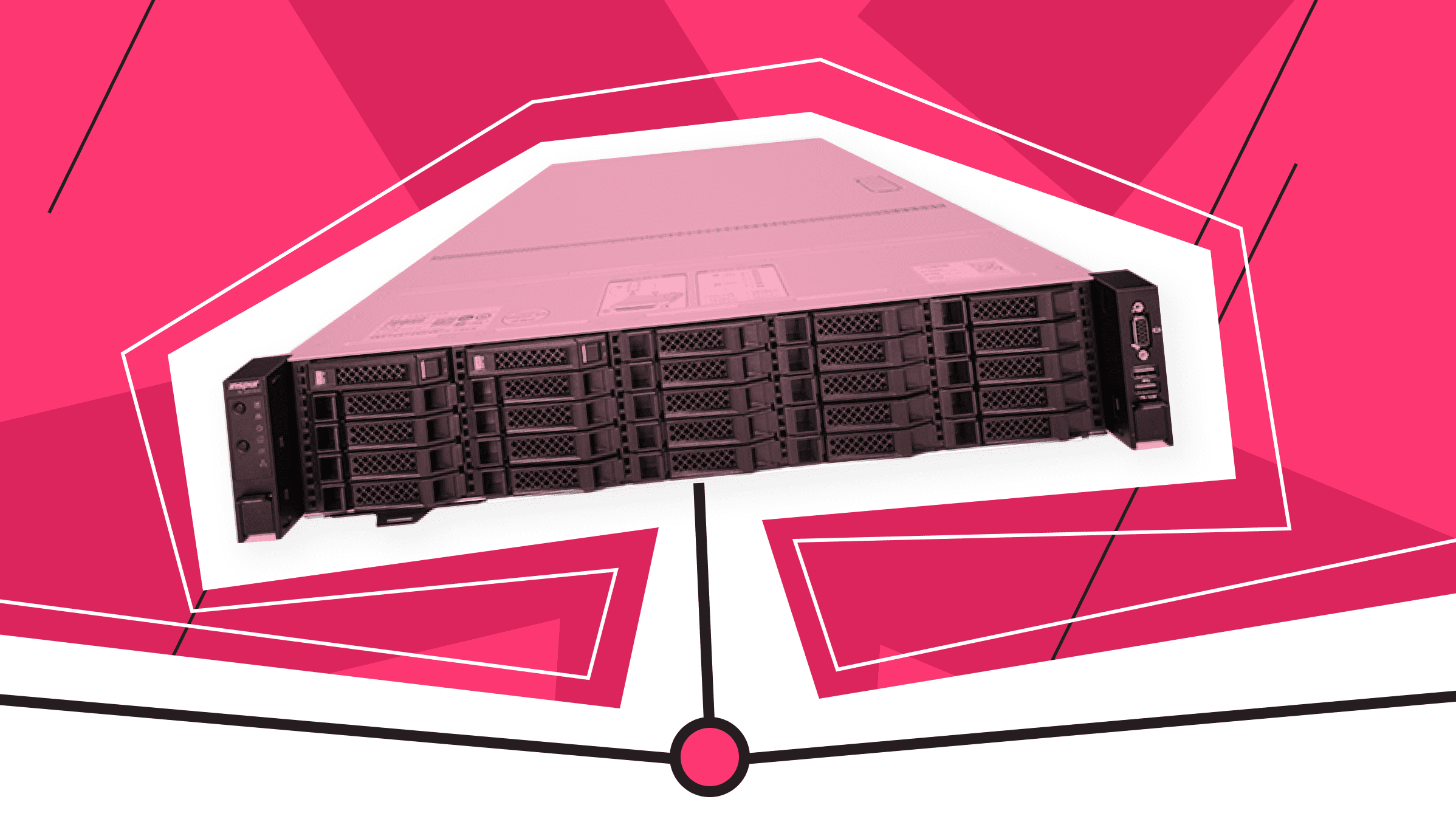
The Uniform Resource Locator was invented by Tim Berners-Lee in 1990 and was an innovation on the World Wide Web. It is an integral part of the Internet.
What Is a URL, and What Is It Used for?
URL stands for Uniform Resource Locator
What is a website URL? A URL is actually the address of a specific resource or file on the Internet. You can type it into the address bar of your browser and see what is located at that address at the moment.
Access to an online resource by its URL can not always be obtained. For example, if a 404 error pops up, it means that the site is not available for some reason or the server can not find the data on request.
URL is used not only to go to the site, but also to transfer files via FTP (File Transfer Protocol), email via SMTP (Simple Mail Transfer Protocol), etc.
Thanks to the capabilities of the HTML language, the URL is used for:
- creating links to documents (tag <a>);
- linking the document to additional files (<link>, <script>);
- displaying media files (<audio>, <img>, <video>);
- displaying other HTML documents (<iframe>).
Website URL Structure
The website URL structure may be different, depending on the length and complexity of the address. URL structure definition is parts of the address.

http:// or https:// is a Hypertext Transfer Protocol, a data transfer protocol most commonly used on the Internet. The ftp: (file transfer protocol) or mailto: (mail client) can also be used.
ishosting.com is a domain name of the site (www.ishosting.com is also acceptable). The IP address can also be used instead of the domain name, thanks to the DNS server.
:443 is a port, which displays the technical parameter for accessing resources on the web server. The standard for HTTP is 80, for HTTPS it is 443. The port number doesn't need to be written in the address — the browser will find it (in examples 2 and 3, the port record is missing, but the link will open anyway).
ru/vpn and ru/storage are the paths to specific content on a web server. In examples 1 and 2, it is the path to the page about the VPN; in example 3, it is the path to the page about the storage servers.
?location=NL&period=1m are additional parameters separated by "&", which were formed due to the filter on the page. In example 3, it is a transition to storage server pricing plans, where filters are: location — Netherlands, usage period — 1 month. Each web server has its own principles for processing these parameters.
Types of URLs
There are two types of URLs:
- Static address is constant and does not change until certain actions of the webmaster. For example, it goes to a page about the VPN:
- Dynamic URLs are created depending on the conditions, structure of web address will change. For example, you've added several products to the shopping cart and clicked on it to make an order, or you've filtered the output in the service catalog by certain parameters (location, period of use, etc.):
https://ishosting.com/en/vps?locations=NL&platforms=linux&drive=SSD&period=1m
location - Netherlands, platform — Linux, disk — SSD, usage period — 1 month

There are also absolute and relative URLs:
- Absolute URL contains the full path (the domain name and directory/page path). An absolute URL gives complete location information;
- Relative URL contains the path without the domain name. This type of URL is used for reference to a given link of a file that exists within the same domain.
URL Recommendations
- Use dashes rather than underlines to separate words in URLs. Also, it’s better to use lowercase letters to avoid creating duplicate URLs such as site.com/catalog and site.com/Catalog;
- Set up a 301 redirect to eliminate duplicates (e.g. for search engines, www.ishosting.com, ishosting.com, www.ishosting.com/, ishosting.com/ are four different addresses);
- Use keywords, but don't overload the URL with them. Otherwise, the address may be identified as spam;
- Creating URL addresses, do not write too long titles — short URLs are easier to understand by users;
- Use only readable URLs made of words (most often keywords). Such semantic URLs are understandable to users, developers, and search engine spiders.
VPS
Choose the suitable configuration and enjoy all the benefits of a virtual private server.
From $5.00/moDedicated Server
Smooth operation, high performance, and user-friendly setup are all there for you.
From $75.00/mo

